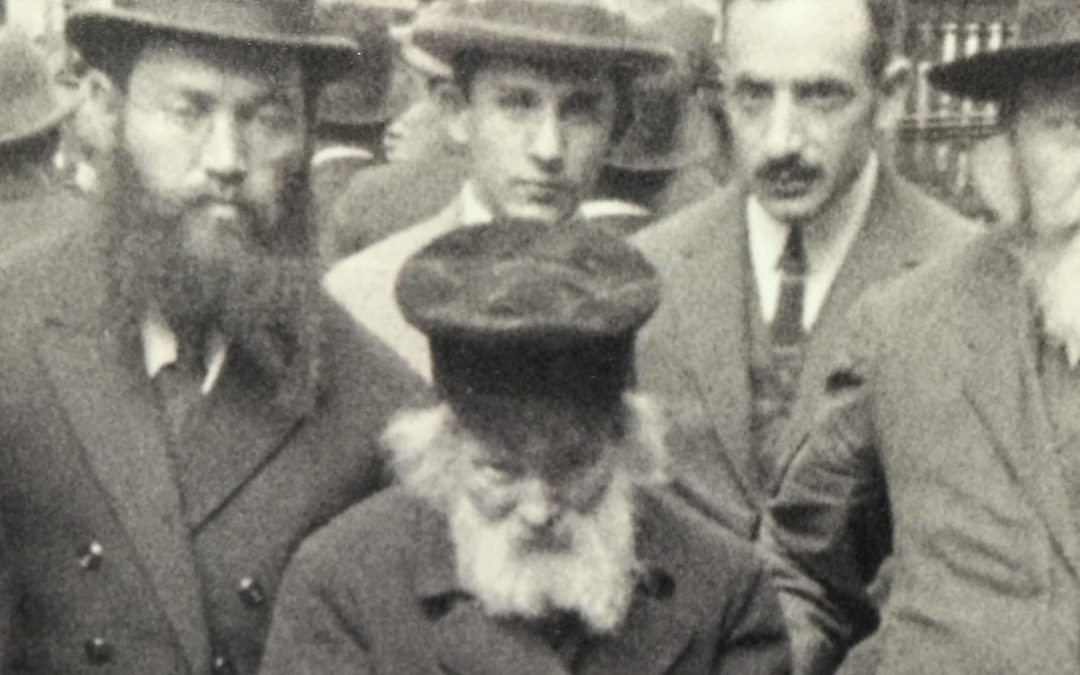Being human, we’ve all made mistakes. We’ve all made bad decisions, even doing things we knew we really shouldn’t.
Sometimes, of course, such wrongdoing becomes public knowledge, and the embarrassment is extreme. [We even know of cases where people took their own lives, Heaven forbid, after being shamed in public.] Ordinarily, the Torah considers embarrassing a person to be a terrible crime, comparing it, causing the blood to drain from a person’s face, to actual bloodshed. The Torah will usually only punish a person for actions taken in front of two witnesses, who warned the person that the behavior was forbidden. He could only be punished publicly if he was willing to do the behavior in front of those two witnesses, knowing they were witnessing his crime.
Our parsha, however, discusses an exception. Even Miriam, the prophetess without whose insight her brother Moshe would never have been born (per the Medrash), made such a mistake regarding Moshe herself. Her mistake was speaking lashon hara, the “evil tongue” of gossip [see Numbers 12], which is the dominant topic this week.
At a time when people were on a much higher spiritual level, speaking lashon hora caused a blemish to appear on the person, his property, and/or his house. G-d Himself was testifying to the person’s wrongdoing, and this often required the person to be exiled from his home neighborhood, or possible destruction of the house. All of these could not help but be public knowledge. Again, the Torah itself tells us about it happening to Miriam!
Lashon Hora can be a private act, from one speaker to one listener, but it cannot help but spread. So it is not as private as it might seem at first. The story is told of a man who went to his rabbi to make up for this terrible sin. The rabbi told the man to bring him a feather pillow. The rabbi then tore it open, letting the wind gather and scatter the feathers. And then, he said, the man had to go gather each and every feather!
Gossip also focuses upon one negative trait, or even a single wrong act that a person did, instead of the totality of that individual. And it is the worst possible misuse of the gift of speech, that which G-d gave us to separate man from animal. All of these explain why G-d treats the crime of gossip like no other.
Those who speak gossip damage their own reputations, as the listener will wonder what the speaker says about them when they are not present. And, on the contrary, to refrain from it is a mark of refinement.
An observant individual, careful about these laws, was studying for a graduate degree. [I would specify, but did not yet ask permission to share the story in his name.] One day he came to lecture early, where others were having small conversations waiting for the professor to arrive. And one of those conversations included a discussion of two classmates who had gotten into an argument of some kind, and they asked the newcomer which one he thought was in the wrong.
He apologized, but said that his religion prohibits him from speaking badly about either one. His response shocked the people speaking into silence, and that silence then spread across the room. The idea that refraining from gossip could be regarded as violating religious practice was just stunning. One immediately asked about conversion!
There are many things we can do to strengthen ourselves in this area. Rabbi Israel Mayer Kagan, though he wrote many books of Jewish law, is known as the Chofetz Chaim, the title of a work of his focusing upon these laws. And there’s an organization, the Chofetz Chaim Heritage Foundation, that shares resources and programs to help people improve their own speech.
I hope every reader will try something concrete, because this is an area where everyone can improve, benefiting relationships and whole communities in the process!
Good Shabbos,
Yaakov Menken




